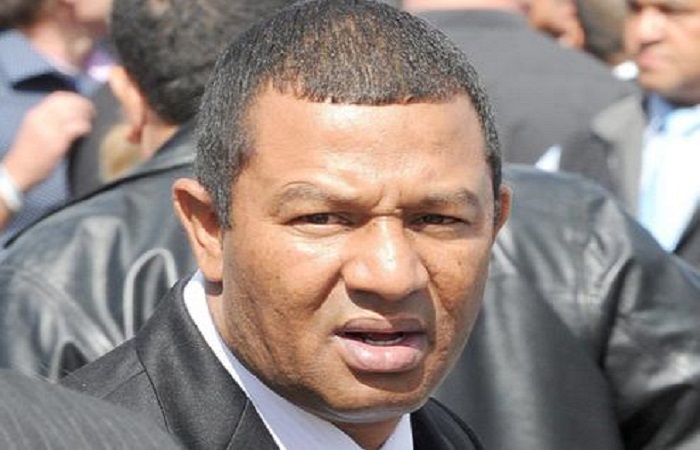The battle for the control of the lucrative local nightclub security industry has come into sharp focus, following weeks of gang violence in Cape Town. This week alleged gang boss Jerome “Donkie” Booysen from the Sexy Boys was shot and wounded in Ravensmead on the Cape Flats, one in a spate of shootings linked to Cape Town’s criminal underworld.
According to reports, a new grouping, allegedly under the leadership of local businessman Nafiz Modack, is said to be effectively taking over the control of nightclub security from an older, more established faction. This has resulted in turf wars between the two groupings.
Speaking to VOC News, senior crime expert Eldred de Klerk said the Cape Town underworld was a murky business, centred around the access control at clubs and restaurants. Those who control the security in essence control the flow of people and goods, such as alcohol, guns, drugs, and the sex trade.
Describing the so-called ‘access control’ of the club scene as a world-wide phenomenon, he says that at the ‘front-end’ of establishments is ‘bouncers’.
“[Bouncers] are perceived to wield unusual power as to who gets access to what part of an establishment or not,” said De Klerk, a senior policing and security manager at Africa Analysis.
Commenting on the latest string of violence within the Cape underworld, where rival gangs have assumed control of certain club territories, De Klerk asserted that there appears to be no racial undertones.
While he agrees that there does exist clear racial divides within the Cape, at issue is a growing trend within South Africa’s security industry, which he describes as “afrophobia.”
De Klerk says that the influx of security personnel from other parts of Africa has resulted in tensions within the industry and continued tensions within communities.
“There has been an exploitation of young men coming from the rest of Africa putting them to work in the so-called bouncer club security, even in the City of Cape Town CCID programme, to work to regulate the movement of locals who don’t look or sound like them, or have a relationship with them.”
With regard to allegations that Cape Town local Nafiz Modack is working with state entities to take over from the so-called ‘old order’ of the Cape underworld, De Klerk says that only those who have first-hand knowledge of those decisions can make these allegations.
He says that both in South Africa and abroad, it is clearly understood that the vetting process for club security and licensing is in the hands of local municipalities.
“I squarely put the issue of security at the doorstep of PSiRA [Private Security Industry Regulatory Authority] but more so at the doorstep of local municipalities and their law enforcement and licensing entities – they responsible for issuing clubs liquor and entertainment licensing.”
Local and municipal government is, therefore, mandated with ensuring that security personnel are adequately vetted and trained, and are held to a code of conduct, which if broken security personnel stand to lose their licence.
Given Cape Town’s thriving tourism industry, De Klerk notes that stakeholders may wish to keep club and restaurant security unregulated in a bid to exploit the markets for alcohol, drugs and the sex industry.
He adds that since clubs are frequented by youngsters who lay prey to exploitation, clubs and restaurants need to be regularly inspected and law enforcement needs to ensure that they are visible within the vicinity of entertainment establishments.
“What we see in Cape Town is a failure of local government to regulate its own facilities and to ensure that people with the proper licensing run the establishment against their licensed conditions. And if they fail to do, they lose that licensing. So, we need inspectors to come around to clubs. ”
Commenting on the apparent closure of a number of establishments in the Cape Town CBD following the recent outbreak of violence, De Klerk said that turf wars are a natural progression within in the industry, one which he says should be expected to repeat itself in a matter of years.
“The industry may pause for a while, this a seasonal thing- we saw it six years ago – it will probably come to some sort of equilibrium where somebody will be in charge. It will keep going for a little while, then somebody will try an unseat them. This is just the nature of organised crime,” De Klerk concluded.
VOC 91.3fm






 WhatsApp us
WhatsApp us 

